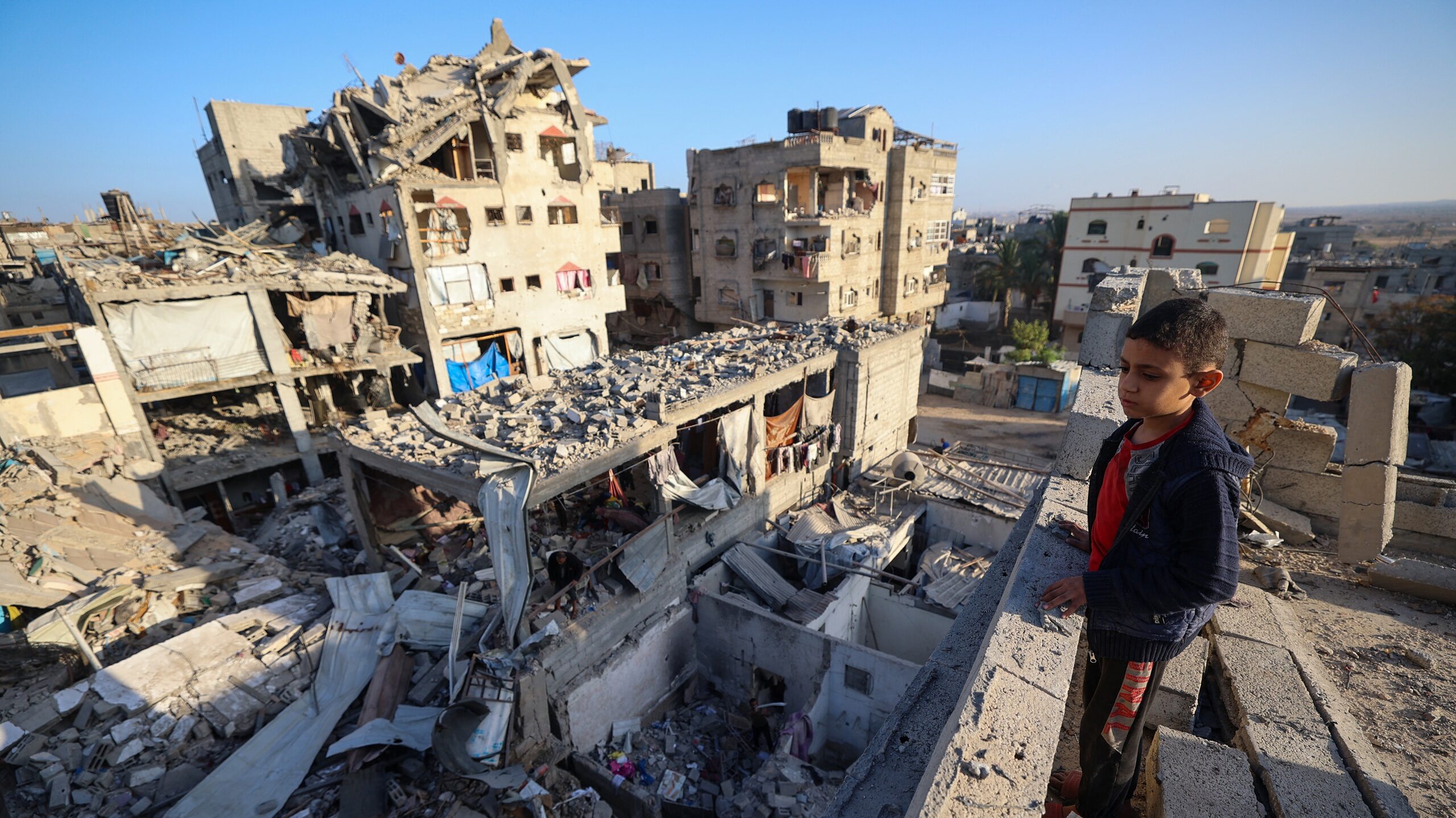Analysts Warn Truce Is Teetering as Israel Answers Rafah Attack
Less than a week after a US-backed ceasefire began, gunfire and an anti-tank strike near Rafah jolted the truce—and Gabriel Colodro’s reporting asks the blunt question policymakers would rather postpone: Can a deal premised on staged demilitarization survive when a determined armed group keeps shooting? Israel says an engineering unit came under coordinated sniper and anti-tank fire, triggering quick retaliatory strikes in southern Gaza. The episode is the first hard trial of President Donald Trump’s 20-point plan, which pairs a halt to combat with phased disarmament, reconstruction, and, ultimately, internationally supervised Palestinian self-administration.
Give the gift of hope
We practice what we preach:
accurate, fearless journalism. But we can't do it alone.
- On the ground in Gaza, Syria, Israel, Egypt, Pakistan, and more
- Our program trained more than 100 journalists
- Calling out fake news and reporting real facts
- On the ground in Gaza, Syria, Israel, Egypt, Pakistan, and more
- Our program trained more than 100 journalists
- Calling out fake news and reporting real facts
Join us.
Support The Media Line. Save democracy.


Colodro maps three layers of pressure on the agreement. On the ground, Brig. Gen. (res.) Amir Avivi argues Hamas remains organized in areas the Israel Defense Forces have not fully cleared and warns that Israel may be forced back to maneuver warfare if attacks continue. In Gaza’s internal arena, scholar Harel Chorev describes a movement reasserting control and targeting rivals, casting the ceasefire as a tactical pause rather than a pivot to politics. And on the policy front, analyst Kobi Michael says the plan can still work—if Article 17’s enforcement tools, including an International Stabilization Force and a transitional technocratic authority, move from paper to practice while Israel demonstrates measured compliance to keep US backing.
The next weeks are the hinge: verification steps, deterrent responses calibrated to the agreement, and whether outside guarantors can compel adherence. Avivi reduces “victory” to basics—demilitarization, a technocratic authority, hostages freed, and freedom of action for Israel—while Michael defines it as achieving those political end-states, not just battlefield gains. For a clear-eyed, source-driven read on whether this ceasefire stabilizes or snaps, don’t miss Gabriel Colodro’s full report.

